In the past week, I’ve been doing some market research among my clients in the travel industry. My first question was why they are using translations in their businesses. They all came up with the same answer: trust.
These companies use translation to create trust with their customers. Trust in their brand and trust in their products.
As a company in the travel industry (and in other industries as well, I’m sure) you want your customers to trust that your company is the right choice for them. That your company is reliable. Trust influences the company’s sales. If customers don’t trust your company, they will never buy from you. Long story short, the more trust from customers, the healthier your bottom line.
Trust and translation
What does this have to do with translation? Glad you asked! To gain this coveted trust, you’ll need to address your customers in a way that appeals to them. And what’s more appealing than a website in someone’s native language? Research* shows that almost 3 out of 4 consumers are more willing to buy something if the website is in their own language and 9 out of 10 Internet users said that if given the choice, they always visit a website in their native language. They might even think you’re a company from their country and familiarity leads to trust. So, translating your website means that more people will visit your site, have access to your products and buy from you. Again, a positive influence on your bottom line.
A personal approach
A website in the native language of your customers also shows them that you care. You are telling them that you made an effort to cater to them, that there’s no “one size fits all.” Customers will appreciate this personal approach, because communication is not just words, it’s also emotion. They need to know that you understand them. This is not simply translating content, but localizing it. Make your customers feel good about your company and cater to their needs. Someone from one country may have different interests than someone from another country, so be as locally relevant as possible. This is a win-win for both your company and your customers, because customers are likely to come back if they like your content.
Clear information
Translation can also help answer any questions from customers. Have information available in their native language, so your customers can fully understand the information they need. What’s this airline’s policy for unaccompanied minors? Do I need to print my ticket for this excursion or can I just show it on my phone? Do I need any vaccinations for destination X? Another benefit of this is that customers won’t contact your customer service if they can look up the info online. This will save you a lot of work.
Do what you’re good at
Finally, everyone has their own job and expertise. Translation is a profession. You’ll want your translation to be high-quality to gain your customers’ trust. If you’re not sure what I mean, think about those cheap Chinese online stores that use machine translation. Not exactly trustworthy, are they? Sure, some content might be suitable for machine translation (“This hotel has X rooms.”), but if you want to impress your customers with creative content in their native language, you will need a human translator. So, let everyone do what they are good at. Salespeople sell, analysts analyze and translators translate. This is the most efficient way to run a business. And efficiency is good for… (you guessed it) your bottom line.
Summarizing, your content needs to be relevant, personalized and reliable if you want to gain your customers’ trust. To create content like that, translation (or rather localization) is key. If you’re looking to enter the Dutch market, I can help you with that. Need a translation into Dutch or want to know more about Dutch culture? Contact me at silvie@thetravelingtranslator.com.
*Source: study conducted by Common Sense Advisory, 2014: https://www.prweb.com/releases/2014/04/prweb11725995.htm

